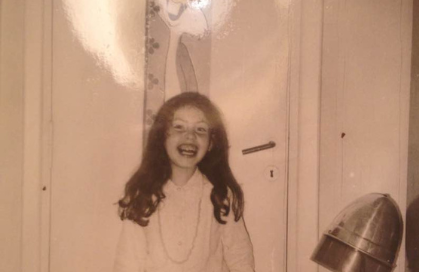About a year ago, purely by chance, a reel appeared on my Instagram feed featuring my childhood home, my very first home. Two sisters had bought the house and turned it into a charming tea room. Watching that reel felt like stepping into an episode of Time Tunnel. In an instant, I was transported fifty years back.
The sisters had documented every step of the renovation, and I could see each room in meticulous detail. I recognized every corner. There were even little remnants of our life there, like the old air conditioner my father had installed in the dining room.
That house, built by my Italian great-grandfather, was where I spent the happiest years of my life.
Overcome with nostalgia, I sent the reel to my daughter, my sister, and my brother. My eyes filled with tears, but the others responded more calmly. It made sense: my daughter and brother had never lived there, and my sister was just a toddler when we moved out. She remembers almost nothing.
I knew exactly who would understand ho…
Keep reading with a 7-day free trial
Subscribe to The Creative Advocate to keep reading this post and get 7 days of free access to the full post archives.




